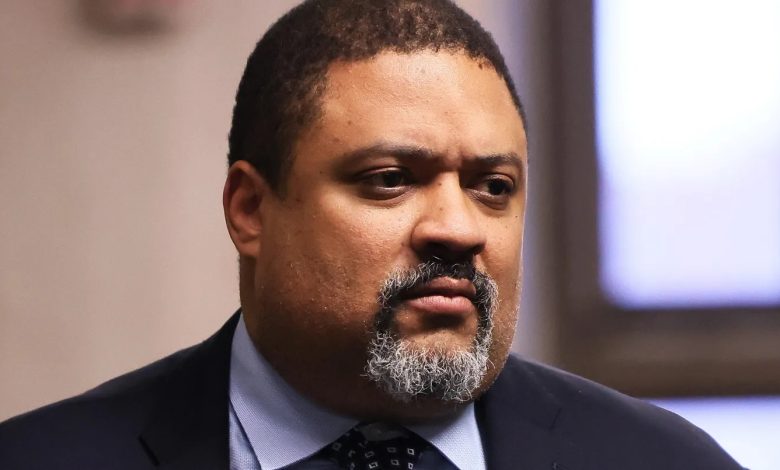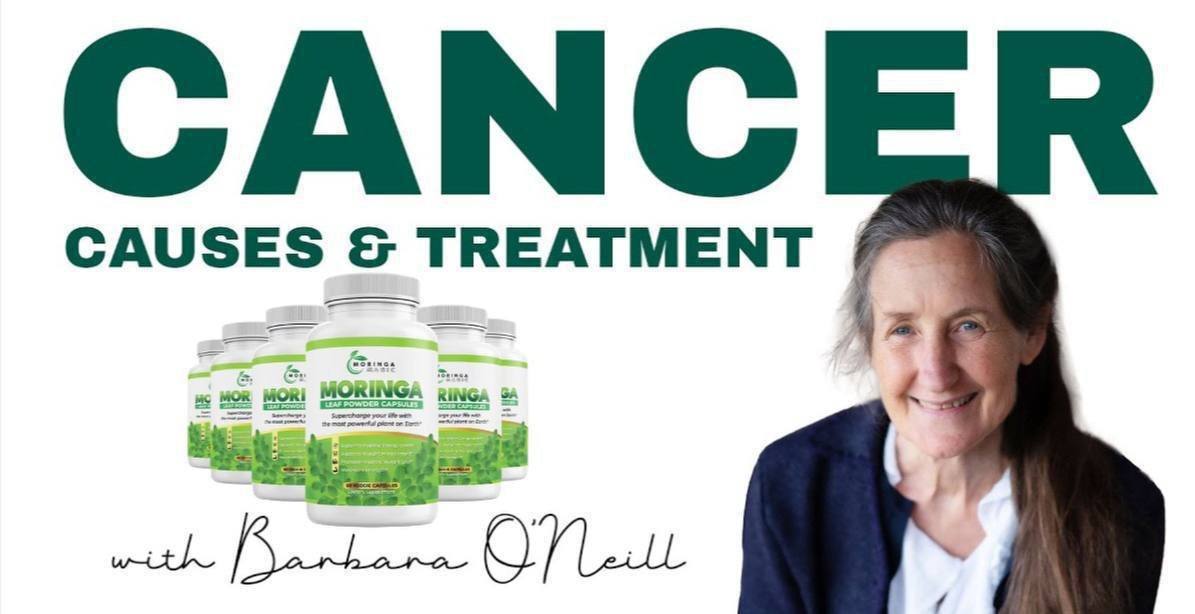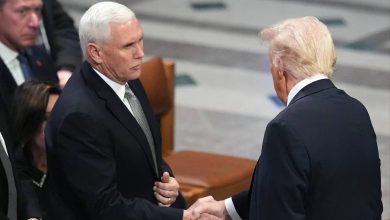Manhattan DA won’t oppose delaying Trump’s hush money sentencing

Manhattan District Attorney Alvin Bragg appears ready to throw in the towel on a speedy sentencing in former President Donald Trump’s hush money trial, indicating in a filing on Tuesday that he would not oppose a request by defense attorneys to push a scheduled hearing past next week.
Since his conviction, President Trump was expected to be sentenced on July 11th, a date that now appears in jeopardy following the Supreme Court’s bombshell ruling which declared sitting presidents are essentially immune from all official acts taken in office. The decision on Monday prompted a speedy motion by lead defense attorney Todd Blanche to push a sentencing hearing later into the summer while Judge Juan Merchan considers their motion to overturn the conviction on 34 felony counts. With both sides in agreement, it appears likely a delay will occur, the New York Times reported.
In response to a letter from Trump’s lawyers, the district attorney’s office wrote that the defense had filed a motion worthy of consideration by Merchan. “Although we believe defendant’s arguments to be without merit, we do not oppose his request for leave to file and his putative request to adjourn sentencing pending determination of his motion,” wrote Joshua Steinglass, one of the assistant district attorneys who tried the case against the former president. Trump’s lawyers have indicated they plan to file their court papers on July 10th, one day before the scheduled sentencing, and prosecutors said they would respond two weeks later, the outlet reported.
Blanche and his team have argued that prosecutors introduced evidence in the trial that would be precluded under the Supreme Court’s recent ruling, according to The Hill, setting up a potential reevaluation of the entire trial. President Trump was convicted of overseeing the falsification of business records to hide a six-figure settlement with an adult film star to hide rumors of an affair that Trump has denied. During the trial, Bragg’s team framed the payment as an unlawful attempt to influence the 2016 election, though lawyers for the Republican noted that an investigation by the Federal Election Commission previously found that the payment did not qualify as a campaign expense.
The Supreme Court’s 6-3 decision will vastly expand the powers of the presidency and has prompted a reckoning among the former president’s opponents about what Trump could be capable of if he returns to the White House. Writing for the majority, Chief Justice John Roberts reasoned that a president should be unfettered from the possibility of criminal prosecution in order to carry out his duties. However, non-official acts could be considered for criminality, he added.
“The President therefore may not be prosecuted for exercising his core constitutional powers, and he is entitled, at a minimum, to a presumptive immunity from prosecution for all his official acts,” the majority opinion written by Chief Justice John Roberts states. “That immunity applies equally to all occupants of the Oval Office, regardless of politics, policy, or party.”



